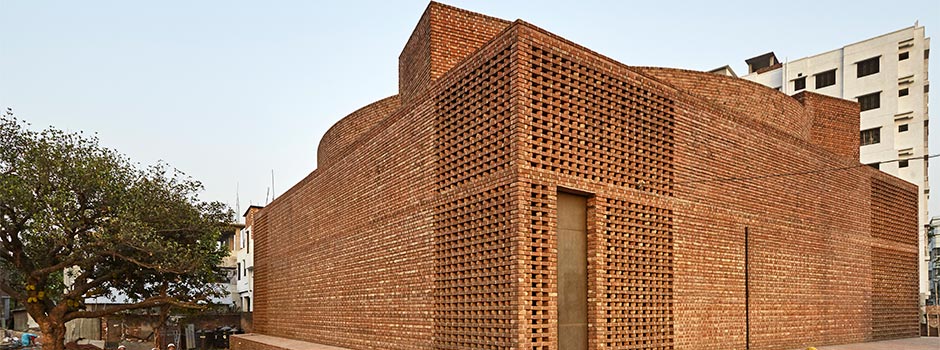
ARCHITECTURE Winners of the 2016 Aga Khan Award for Architecture
Oct 23, 2016 FEATURE, Architecture
The prize, which is given every three years, is considered to be one of the most important awards in the field. It was established by the Aga Khan in 1977 to identify and encourage building concepts that successfully addressed the needs and aspirations of communities in which Muslims have a significant presence.
During 2016, an independent Master Jury selected a shortlist of 19 projects, which was announced on 9 May 2016, from among 348 nominations. Each of the shortlisted projects was rigorously investigated by architects, conservation specialists or structural engineers. Their reports are the basis for the Master Jury's selection of the eventual winners.
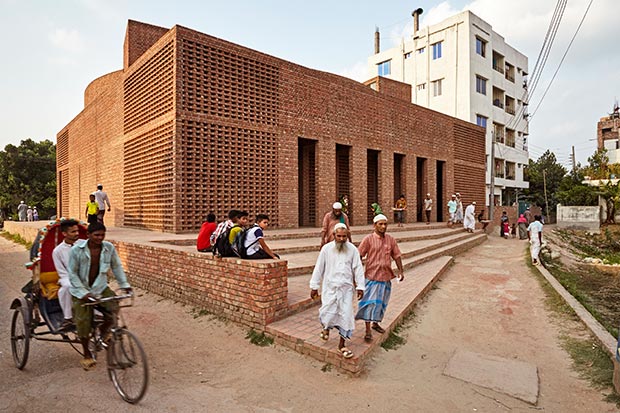 Bait Ur Rouf Mosque, Dhaka / Courtesy of Aga Khan Award for Architecture
Bait Ur Rouf Mosque, Dhaka / Courtesy of Aga Khan Award for Architecture
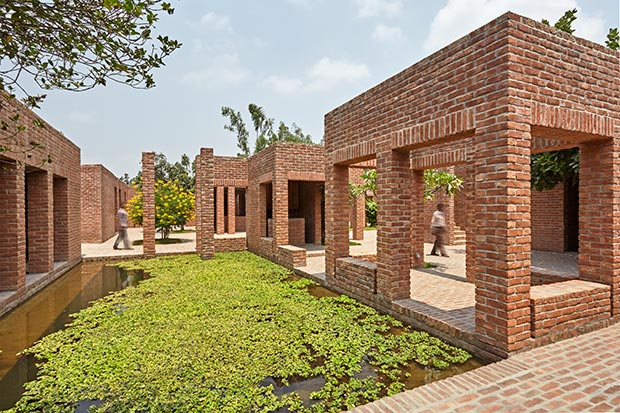 Friendship Centre, Gaibandha / Courtesy of Aga Khan Award for Architecture
Friendship Centre, Gaibandha / Courtesy of Aga Khan Award for Architecture
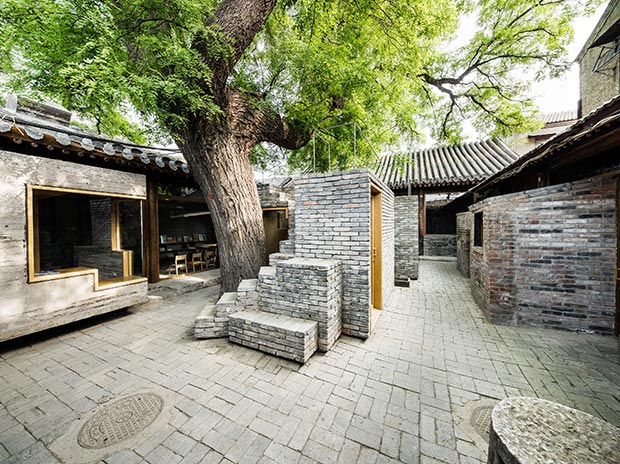 Cha'er Hutong Children's Library and Art Centre, Beijing / Courtesy of Aga Khan Award for Architecture
Cha'er Hutong Children's Library and Art Centre, Beijing / Courtesy of Aga Khan Award for Architecture
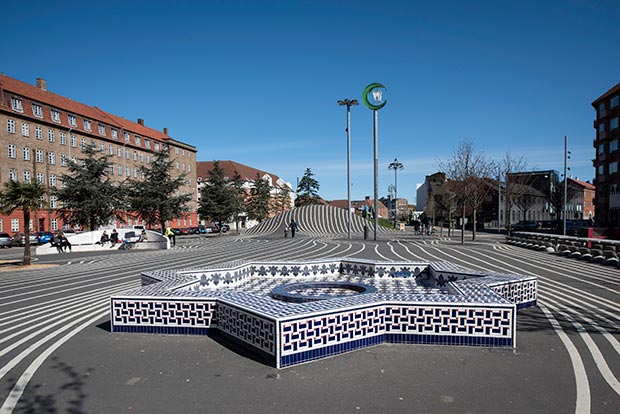 Superkilen, Copenhagen / Courtesy of Aga Khan Award for Architecture
Superkilen, Copenhagen / Courtesy of Aga Khan Award for Architecture
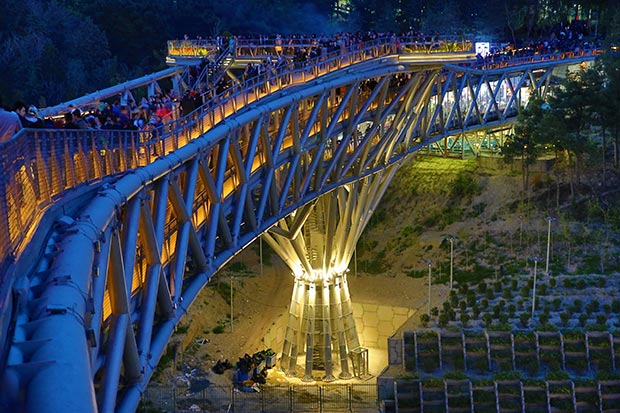 Tabiat Pedestrian Bridge, Tehran / Courtesy of Aga Khan Award for Architecture
Tabiat Pedestrian Bridge, Tehran / Courtesy of Aga Khan Award for Architecture
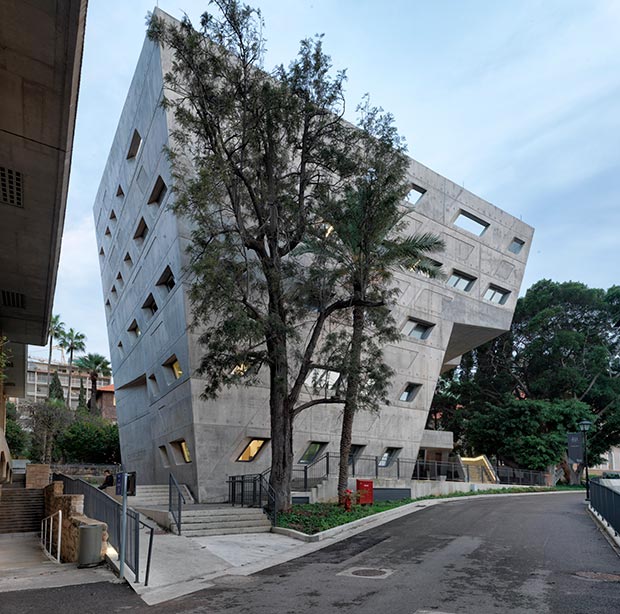 Issam Fares Institute, Beirut / Courtesy of Aga Khan Award for Architecture
Issam Fares Institute, Beirut / Courtesy of Aga Khan Award for Architecture
Ceremonies to announce the winning projects and mark the close of each triennial cycle are always held in settings selected for their architectural and cultural importance to the Muslim world. In 2016, the ceremony will be held at the Al Jahili Fort, a World Heritage Site in Al Ain. Construction of Al Jahili Fort began in 1891 under Sheikh Zayed the First. Completed in 1898, it remained a residence of the Al Nahyan family for many years. It underwent comprehensive rehabilitation between 2007 and 2008 by the Abu Dhabi Authority for Culture and Heritage with the collaboration of Eike Roswag, an Aga Khan Award for Architecture winner in 2007. The Fort was declared a World Heritage Site in 2011.
Previous venues for Award ceremonies encompass many of the most illustrious architectural achievements in the Muslim world, including Shalimar Gardens in Lahore (1980), Topkapi Palace in Istanbul (1983), Badi Palace in Marrakech (1986), the Citadel of Saladin in Cairo (1989), Registan Square in Samarkand (1992), Karaton Surakarta in Solo (1995), the Alhambra in Granada (1998), the Citadel of Aleppo (2001) and the gardens of Emperor Humayun's Tomb in Delhi (2004).
The Aga Khan Award for Architecture was established by His Highness the Aga Khan in 1977 to identify and encourage building concepts that successfully addressed the needs and aspirations of communities in which Muslims have a significant presence. Prizes have been given to projects across the world, from France to China. Architects and planners from New York to Dhaka have received one of 116 awards. During the nomination process, more than 9,000 building projects were documented.
Over the course of the last 39 years, most of the great architects of our time have either won the Award or served on its Master Jury or Steering Committee, from Zaha Hadid to Norman Foster, Charles Correa to Frank Gehry, Jean Nouvel to Hassan Fathy.
The Aga Khan Award for Architecture selects projects from slum upgrading to high-rise green buildings that not only exhibit architectural excellence but also improve the overall quality of life. Because these achievements typically involved successful collaboration between many people, the Award recognises mayors, builders, clients, master craftsmen, engineers and end-users, as well as architects.
Comments
Add a comment